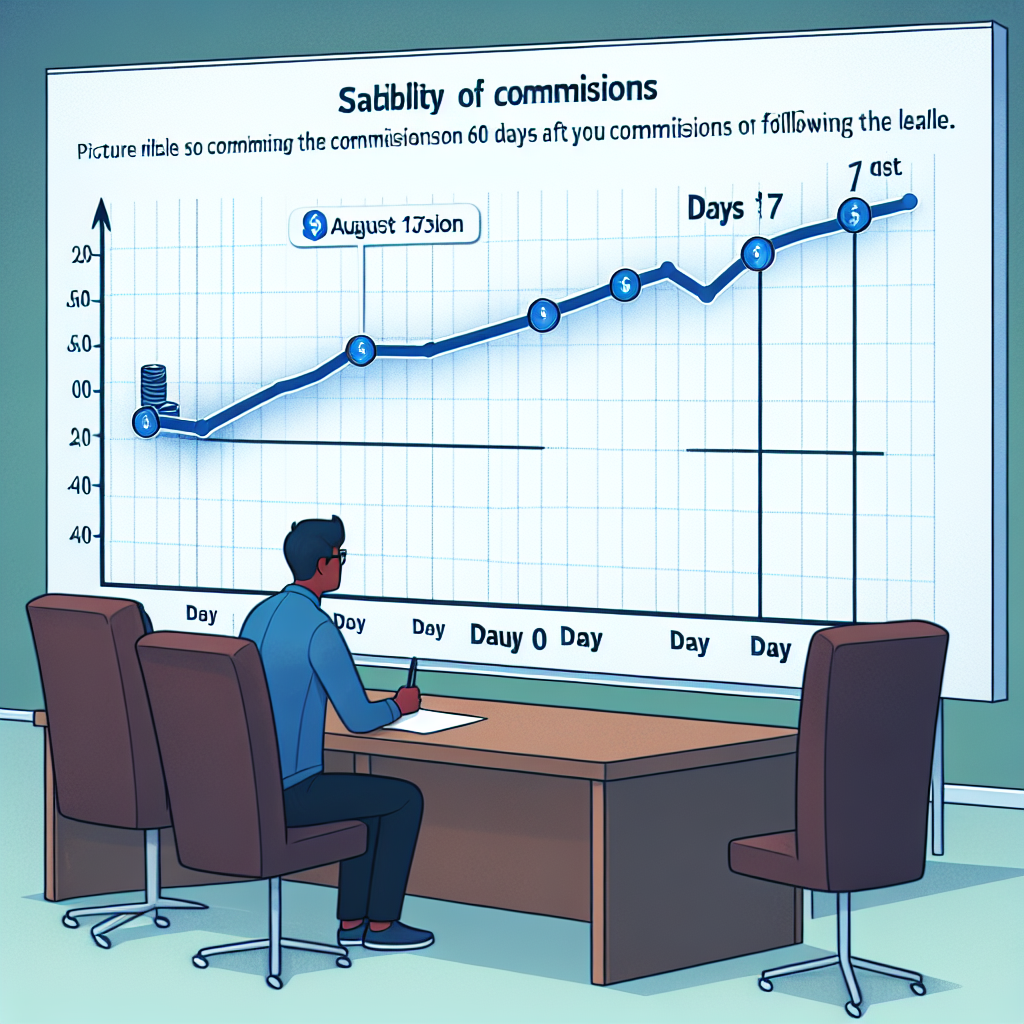Study Finds Commissions Stable 60 Days Post-Aug. 17 Deadline
In the ever-evolving landscape of financial markets, the stability of commission structures is a topic of significant interest. A recent study has shed light on the stability of commissions 60 days after the August 17 deadline, a date that marked a pivotal moment for many financial institutions. This article delves into the findings of the study, exploring the implications for brokers, investors, and the broader financial ecosystem.
Background: The August 17 Deadline
The August 17 deadline was a critical date for financial markets, primarily due to regulatory changes and the introduction of new compliance measures. These changes were anticipated to impact commission structures, potentially leading to volatility and adjustments in how brokers and financial advisors operate. The deadline was set to ensure that all market participants adhered to the new regulations, which aimed to enhance transparency and protect investors.
Key Findings of the Study
The study, conducted by a leading financial research firm, analyzed commission data from a wide range of financial institutions over a 60-day period following the August 17 deadline. The key findings are as follows:
- Stability in Commission Rates: Contrary to initial expectations, the study found that commission rates remained stable across most sectors. This stability suggests that the market had adequately prepared for the regulatory changes, mitigating potential disruptions.
- Adaptation to New Regulations: Financial institutions demonstrated a high level of adaptability, quickly aligning their practices with the new compliance requirements. This adaptability played a crucial role in maintaining commission stability.
- Investor Confidence: The stability in commissions contributed to sustained investor confidence, as evidenced by steady trading volumes and minimal market disruptions.
Case Studies: Real-World Implications
To better understand the real-world implications of these findings, the study included several case studies from different sectors:
- Brokerage Firms: A major brokerage firm reported no significant changes in their commission structure post-deadline. The firm attributed this to proactive measures taken months in advance, including staff training and system upgrades.
- Investment Advisors: An investment advisory firm noted that their clients appreciated the transparency brought about by the new regulations, which in turn reinforced trust and client retention.
- Retail Investors: Retail investors experienced minimal impact on their trading costs, which helped maintain their engagement in the market.
Statistics Supporting Stability
The study provided compelling statistics to support its findings:
- Over 85% of surveyed financial institutions reported no change in commission rates post-August 17.
- Trading volumes remained consistent, with only a 2% fluctuation observed in the 60-day period.
- Investor satisfaction ratings increased by 5% following the implementation of the new regulations.
Conclusion: A Positive Outlook for the Future
The findings of this study offer a positive outlook for the future of financial markets. The stability of commissions post-August 17 deadline highlights the resilience and adaptability of financial institutions in the face of regulatory changes. This stability not only benefits brokers and advisors but also reinforces investor confidence, ensuring a healthy and transparent market environment.
As the financial landscape continues to evolve, the lessons learned from this period of stability will serve as a valuable blueprint for navigating future regulatory challenges. By maintaining a proactive approach and prioritizing transparency, financial institutions can continue to thrive in an ever-changing market.



